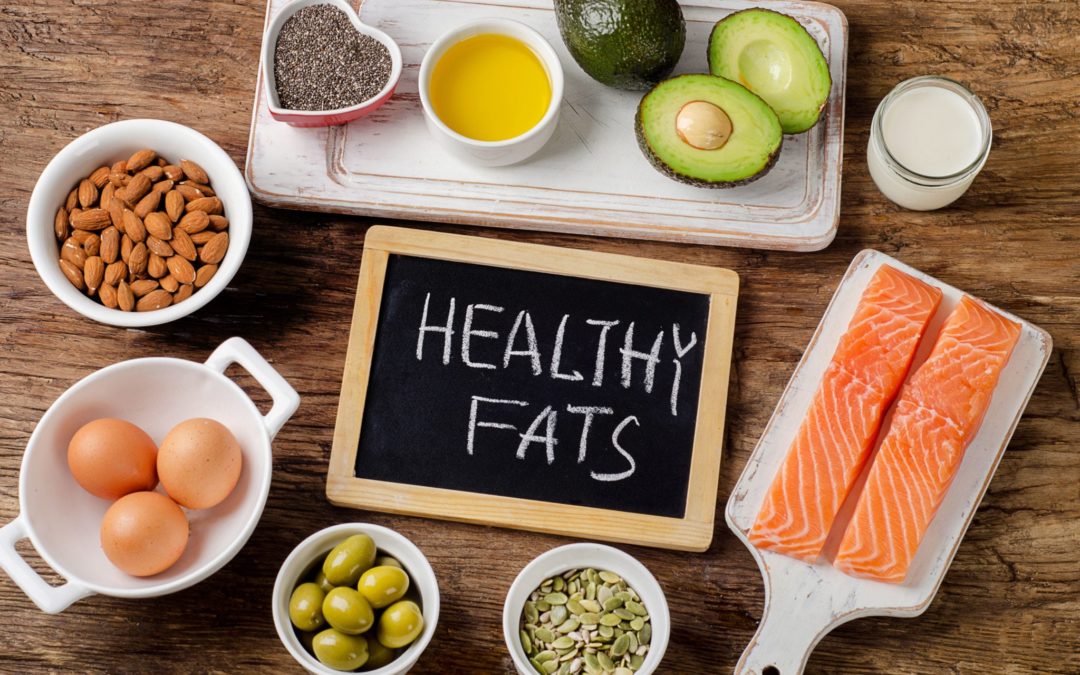From the late 1970’s on, America has had a fear of dietary fat stemming from a combination of limited research, political involvement, and the rise of big food. We could spend hours talking about the falsities of the research that started all this, but here is a quick summary of the aftermath. We were warned against the overconsumption of fat, and were told that it would cause us nothing but heart disease and a host of other health complications. In place of fat, we were told to eat more servings of grains and other starchy carbohydrates in order to stay lean and healthy. As a result, foods became more and more processed and although higher in calories, these foods were less dense in nutritional value. For individuals that may still eat a diet higher in fat, the types of fats consumed in today’s standard American diet are generally hydrogenated vegetable oils that provide little to no nutritional value to the body and instead have been linked to a cascade of inflammatory ailments, heart disease, and cancer.
Dietary fat (and in particular the fatty acids that make up fat) is a necessary macronutrient that the human organism needs in order to grow and thrive. Our body uses these fats to create the energy that fuels the body, and to assist the body in absorbing key vitamins and nutrients (Vitamin A, D, E, and K). Furthermore, at a cellular level fats are required for the healthy growth of cellular membranes.
Cells are responsible for the basic structure and function of all parts of the human body, and come in many types. They make up the muscles, organs, nerves, tendons, ligaments, blood, bone, and skin of the body, just to name a few. The outer membrane of a cell, known as the lipid bilayer, is made up of a combination of fat molecules (phospholipids, cholesterol, and glycolipids). This cellular membrane helps to maintain the separation of internal and external environments of the cell, regulates cellular activity, and also plays a role in the communication between one cell and another. Without the proper intake (in terms of both amount and type) of dietary fat, these functions would not be possible.
Each person’s dietary intake of fat will vary based on their bio-individual needs. However, it is recommended that people steer away from hydrogenated and trans fats, and instead focus on intake of healthy fat sources (e.g., wild caught fish, pasture raised animal products, unprocessed nuts and seeds, avocados, and olive and coconut oils).
SIGNS YOU MY BE DEFICIENT IN FATTY ACIDS:
- Cardiovascular symptoms
- Endocrine/hormone disruption
- Dry, rough, or scaly skin
- Dull, lifeless hair and dandruff
- Soft, brittle nails
- Joint pain
- Leg cramps
- Difficulty attending or concentrating
- Fatigue
- Difficulty sleeping
- Allergies (hives, eczema, etc)
- Depression & Anxiety
If you are concerned about any of these symptoms, or are interested in personalized assessment to determine your own unique fatty acid needs, Nutritional Therapy may be of huge benefit to you. Reach out for a FREE discovery call today!



Recent Comments